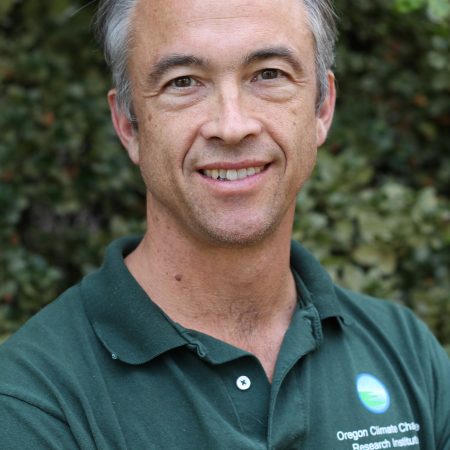Refine
Date Range Clear
Recorded by Clear
Keywords Clear
- geomorpholgy 39
- Advice 29
- #FAIRData 39
- changing planet 14
- #AGU100 39
- #AGU 37
- NASA 20
- discovery 19
- 130 more
Partnerships Clear
- No matching terms.
Organizations Clear
- American Geophysical Union 8
- American Geopysical Union 2
- American Geophsyical Union 1
- American Geophysican Union 1
- European Geophysical Union 1
- 3 more
Places Clear
- Washington DC 42
- AGU 2018 Fall Meeting 37
- AGU Fall Meeting Program Commitee 2
- American Geophysical Union 1
- FAIR DATA 1
- 1 more
Languages Clear
- No matching terms.
Initiatives Clear
- No matching terms.
Daniel Minguez, a geophysicist for Chevron, helps create new geologic models of the earth’s layers, trying “to build geologic stories for how different geologic elements got there.” Daniel discusses his work which focuses on boring techniques and navigating plate tectonics....
The next time you see a young kid skateboarding through the neighborhood, possibly listening to punk rock on their earbuds, remember that one day that kid could be your local science professor. Doug Jerolmack’s sturdy voice and love of experimenting...
Sandra Cauffman was told growing up in Costa Rica that she couldn’t be an electrical engineer because she was a woman. Decades into a career which has largely involved getting her hands dirty building instruments to fix on spacecraft, the...
Padma Yanamandra-Fisher, a research scientist at the Space Science Institute, shares stories of her career in planetary science. She recounts how defining the launch of Voyager was and the significance of the growth in the field since. Padma shares her...
It took 21 years for Trevor McDougall to leave Australia, but when he did, he was on a plane headed to the University of Cambridge and a masters and Ph.D. in Oceanography. Besides the life-changing event of going from one...
David Young, Director of Science at NASA Langley Research Center, discusses his life's work studying the earth's climate. After an early interest in astrophysics, he focused in on earth science due to his desire to do research to help humans....
Michael Freilich, Director of NASA's Earth Science Division, shares about his life studying the oceans and Earth as a system. While still in his high school's oceanography club, he started exploring a question about how waves move that later became...
Denis-Didier Rousseau, Senior Research Scientist at Centre National de la Recherche Scientifique, and Fall Meeting Program Committee Chair shares how at six years old he set the goal to be a paleontologist. He discusses how that has shaped his life...
Sprites are electrical discharges like lightning, but up in the middle atmosphere. Having only been in the scientific literature since the 1990s, sprites captured Geoff McHarg’s imagination while observing the Aurora in Alaska. Perfect for a guy whose view of...
As a mission scientist with NASA's Operation IceBridge, John Sonntag has been keeping an eye on the polar ice caps for the better part of 20 years. The good news is, he is very well-versed in the science and analysis...
Sabrina Savage builds instrumentation for solar physics and studies solar flares at NASA’s Marshall Space Flight Center. The technology she helps create delivers the most high-resolution pictures of the sun anyone has ever seen. In a society more dependent upon...
Cloud scientist Steven Platnick is trying to learn how clouds may magnify—or minimize—the effects of climate change. He first got excited about clouds when his Ph.D. advisor, who "treated us like equals," started asking questions about clouds. "He asked questions...
Nearing the end of her career, Anne Douglass, at NASA Godard Space Flight Center, has provided the scientific community with a better understanding of the ozone layer that protects us all from ultraviolet radiation. Anne describes the energy that it...
Richard Stolarski, research professor shares the journey of his involvement with the movement to address ozone depletion. He discusses how a multi-disciplinary team of scientists came together to heal the ozone layer, and how the world came together with the...
Dawn Wright, ESRI and Mark Parsons, Rensselaer Polytechnic Institute, share with us their journeys into data mapping, and how the field has grown, including at AGU. Before AGU embraced mapping scientists, people were starting to leave AGU. Now, they’re back,...
Alice Hill talks about her work at Stanford University's Hoover Institute on mitigating risk from natural hazards. She discusses her work in the Obama Administration running climate change programs for the Department of Homeland Security. She also worked at the...
Stephen Running, an Emeritus Regent's Professor at the University of Montana, shares about his work with NASA studying the global ecosystem from space. Trying out a microscope at a young age ironically led him into a lifetime of looking at...
Who says work ends when you retire? For Tom Dunne, University of California Santa Barbara, the work is still finding him. Instead of heading off to the Amazon to find discovery, these days he need only look out his window...
Denise Hills, Director in Geological Survey of Alabama and AGU leader shares stories of her collaborative experiences and how it has shaped her career. She discusses the significance of the growth of science and the importance of communicating science to...
We won’t say how long Susan Lozier has been shaping young minds at Duke University (she may let it slip), but she talks about amazing changes that have happened during her tenure. She grew up wondering how rivers get polluted,...
In this inspiring interview, Becca Barnes, Bianca Rodriguez-Cardona, Evelyn Valdez-Ward, and Ben Sulman, four early-career biogeoscientists come together to share their reflections on what it means to be a scientist today. How can scientific knowledge be spread on social media?...
Steven Pawson, Chief of the Global Modeling and Assimilation Office at NASA Goddard Space Flight Center, shares his experiences working on atmospheric and Earth systems science, including interactions between the Ozone Layer and climate change, and predicting air quality for...
David Crisp, senior research scientist at NASA, recounted his adventures, from going from a physics education major who had a paper on Venus winds published by Carl Sagan to a doctoral student at Princeton to helping fix Hubble. He described...
Jim Irons grew up in the 1960s and 1970s in Cleveland when environmental conservation was becoming more important for society, but it wasn’t until the Cuyahoga River in his hometown of Cleveland caught on fire in 1969 that his desire...
Is it a good time to be a climate scientist? Yes, says Phil Mote, Director Oregon Climate Change Research Institute at Oregon State University. Predictions over the past 40 years are coming true and while some look at that with...

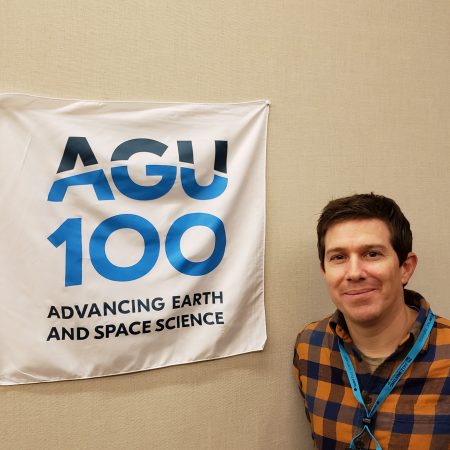

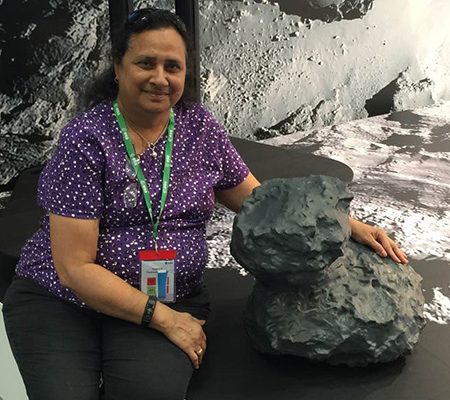
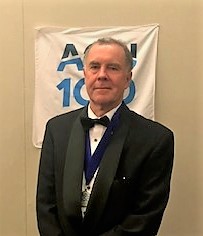

!["I joined an Oceanography club & actually asked the question that ended up [being] my thesis." an interview with Michael Freilich](https://archive.storycorps.org/uploads/2019/02/181212_Freilich-450x450.jpg)
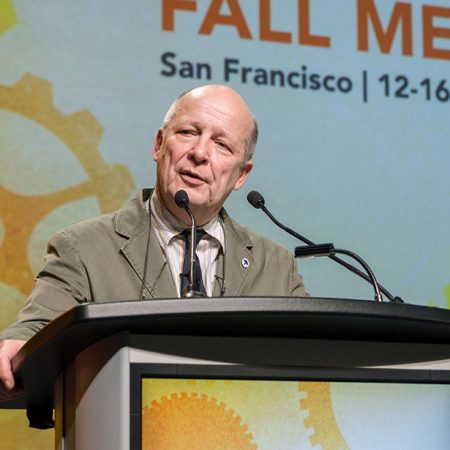

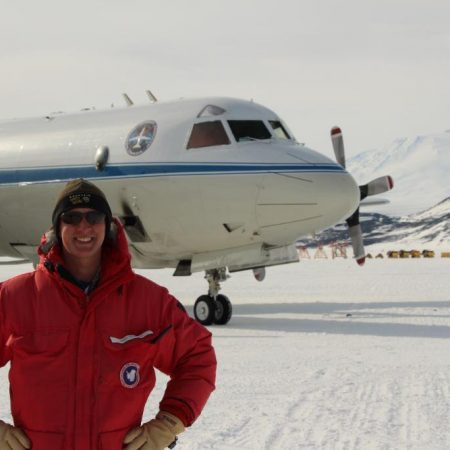
!["The sun is a terrifying and beautiful laboratory of which we know only a little [about]." an interview with Sabrina Savage](https://archive.storycorps.org/uploads/2019/02/20181213_Savage-450x450.jpg)

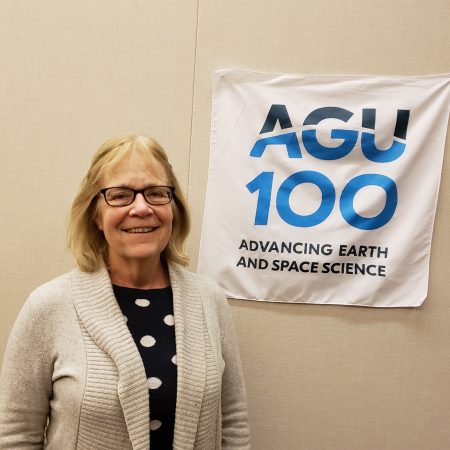
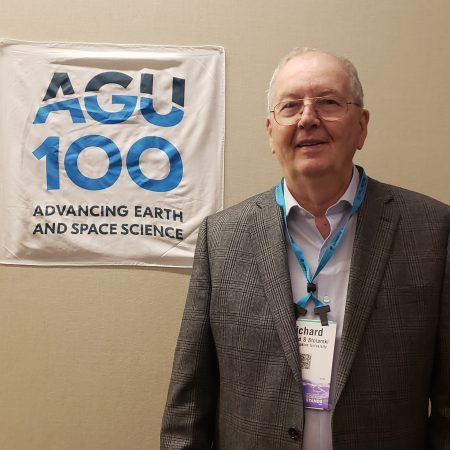
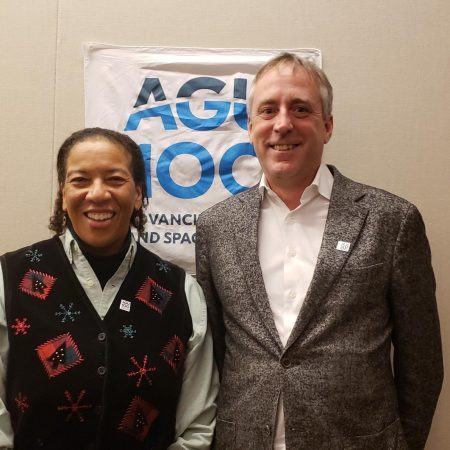
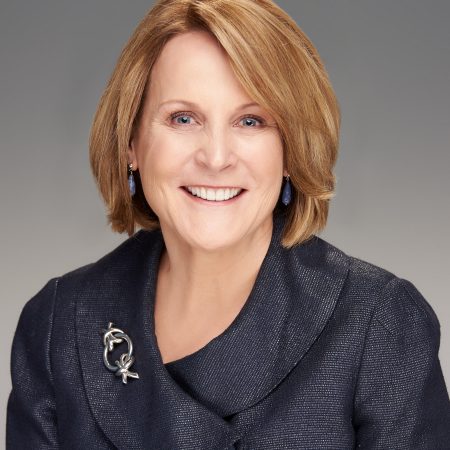
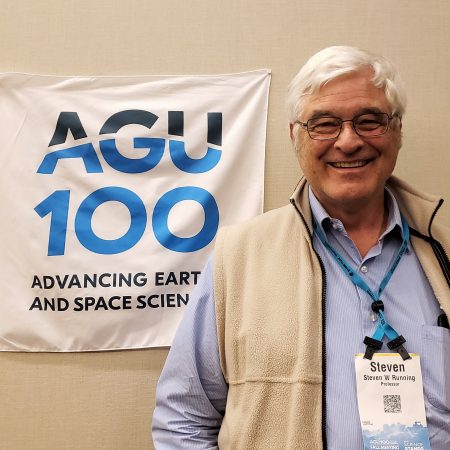
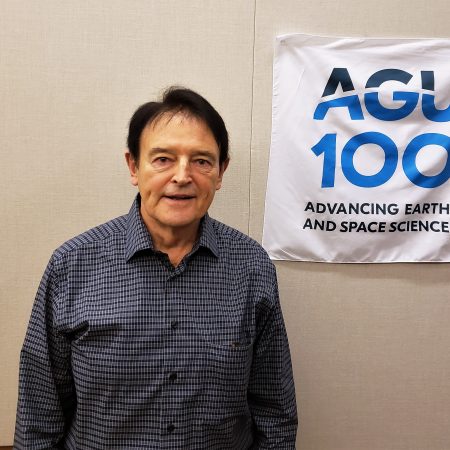
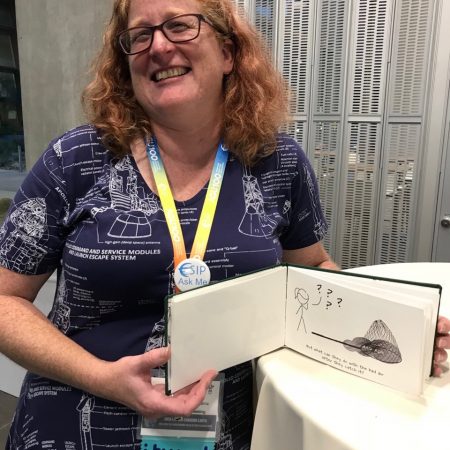




!["AGU is interdisciplinary, [it] helps breaks down the disciplinary stovepipe we often get into." an interview with Jim Irons](https://archive.storycorps.org/uploads/2019/02/181212_Irons-450x450.jpg)
